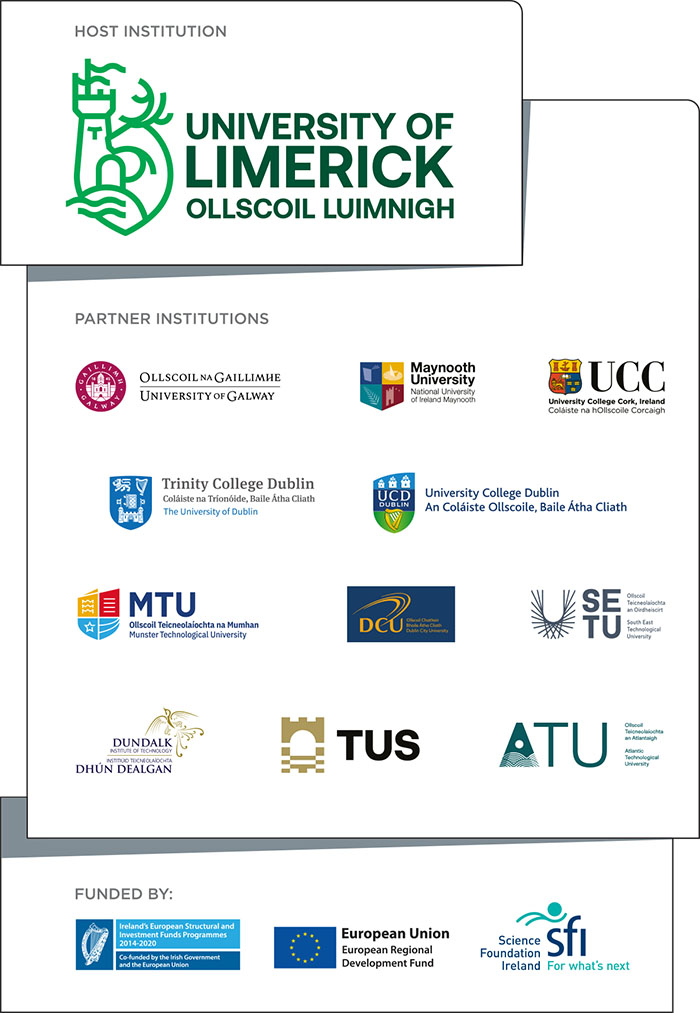One in four adults say that they are likely to participate in online exercise classes
You are here
One in four Irish adults say they are likely to participate in an online exercise class in the future, according to a nationwide survey by Lero, the Science Foundation Ireland Research Centre for Software.
Lero, a world-leading research organisation and home to Ireland’s first esports research lab, commissioned RED C Research to conduct the survey. Just over 1,000 people participated in the study which found that among those that previously participated in an online exercise class, three in four (76%) rated their experience as either ‘excellent’ or ‘good’.
The Lero survey also found that 27% of all adults say that they are likely to participate in online exercise classes in the future, with this likelihood highest among 25-34 year olds (47%) and ABC1s (34%). Nearly one in five (18%) have taken part in an online exercise class in the past, of which the majority (10%) have been during the Covid-19 pandemic.
Lero Director, Professor Brian Fitzgerald said he is not surprised that online exercise classes have become more popular during Covid-19. However, he admitted to being disappointed more than half (54%) of people say they are unlikely to participate in this type of exercise in the future.
“Irish people have been quick to take advantage of online resources in many fields. In the vital area of personal exercise, it is disappointing that more than half the country’s adult population have ruled out participating in online exercise classes as we go through yet another phase of lockdown. There’s a job of work to be done to change this mindset,” he said.
Lero’s Dr Jane Walsh, Director of the mHealth Research Group in NUI Galway said that this finding is unsurprising, as for many people it is the social dimension of exercise that provides the greatest motivation and helps to keep us connected.
“These findings highlight the importance of gaining a deeper understanding of the psychological factors that underpin these findings in order to develop a service that will have a strong uptake in the future,” she added.
RED C interviewed a random nationally representative sample of 1,001 adults aged 18+, between 8th and 13th October 2020. Interviews were conducted online and the results weighted to the profile of all adults.




